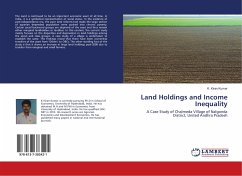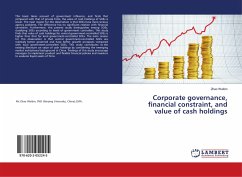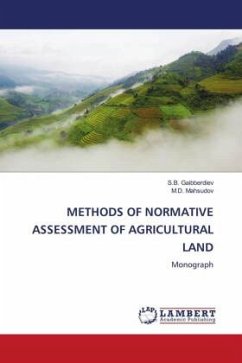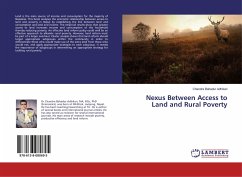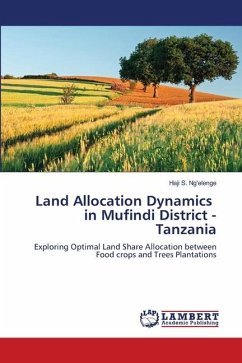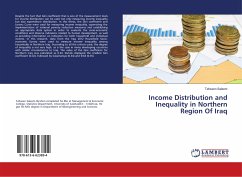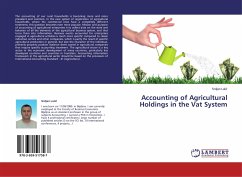The Land is continued to be an important economic asset of all time. In India, it is a symbolical representation of social status. In the evidence of post-independence era, the poor land reforms had made the large section of agrarian depended population were pushed into chronic poverty. Certain social backward groups are deprived of the asset and thus remain either marginal landholders or landless. In this context, the current study mainly focuses on the disparities and deprivation in land holdings among the social and class groups. A case study of a village is undertaken to establish the same. The findings reveal that there have been ownership transfers of the asset from 'Others' to OBCs. The other startling fact of the study is that it shows an increase in large land holdings post-2000 due to transfer from marginal and small farmers.

